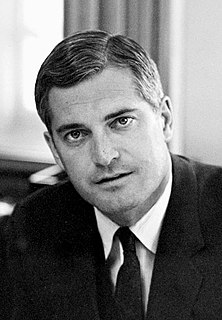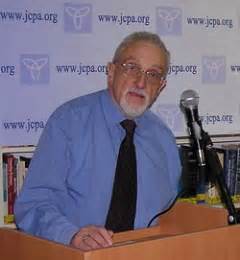A Quote by Thomas Howard, 3rd Duke of Norfolk
I owe my nurture to evangelicalism. The evangelical wins hands down in the history of the church when it comes to nurturing a biblically literate laity. When we think of evangelism, evangelicals are the most resourceful, the most intrepid, and the most creative. But evangelicals themselves would say that they have never come to grips with what the whole mystery of the church is.
Related Quotes
One major difference between Mormons and evangelicals on the subject of revelation is that Latter-day Saints believe that God has appointed modern-day prophets and apostles to receive revelation for Christ's church. All church members may receive revelation appropriate for their particular callings or positions within the church and their families, but never in contradiction to church doctrine or policy. So Mormonism has both a democratic practice of revelation that would resonate with evangelicals, but also an institutional understanding of revelation foreign to evangelicalism.
Within evangelicalism is a distressing drift toward accepting a Christianity that does not demand a life-changing walk with God. Many evangelicals (today) do not realize that the church has always been an island of righteousness in a sea of paganism, but as a result they turned the world upside-down.
Protestants are the more segmented group. Mainline churches - you have problems in the U.S., Europe, the Scottish Church, the Dutch Protestant Church, the state church in Norway. The evangelicals have been pro Israel, but a major effort is to bring them in on the Palestinian side. A huge problem and the problems are rising.
There is not one particular moment that can account for the shift from the social issue concerns of 19th-century evangelicals into the state of American evangelicalism today. Some historical moments are telling. The rise of biblical criticism in the 19th century forced evangelicals to make choices about what they believed about the gospel.
Something is very, very wrong with American culture. The signs are everywhere. I think the country is in almost terminal descent. The business class is combined with the evangelicals. And I think the evangelicals want to provoke an immense global disaster to precipitate the second coming of Christ. So they are very happy about what we're doing to Iraq - and the menace we present now for Syria and for Iran - because they think that the apocalypse is an important thing to get into so that they can see vindicated their most literal interpretation of the Bible.
I would say the 1980s, most importantly, there's been a witnessing of the bankruptcy of the liberal philosophy and the anti-moral and amoral philosophies that were so prevalent in the 1960s and '70s, the rebellion of young people, which brought about the drug epidemic in so many to break down the family. Particularly during this decade, the spiritual rebirth. I'm an evangelical, and I've watched the evangelical church here and around the world preaching Christ, the death, burial, resurrection of the savior, receiving more receptivity everywhere, and that growth.
The church is in trouble-that's what they say anyways. The problem is most of what they call the church is not the church, and the church is not quite as in trouble as everybody thinks. As a matter of fact, the church today is absolutely beautiful-she's glorious, she's humble, she's broken, and she's confessing her sin. The problem is what everybody's calling the church today isn't the church. Basically, by and large, what's called the church today is nothing more than a bunch of unconverted church people with unconverted pastors.
God calls us to worship, but in many instances we are in entertainment, just running a poor second to the theaters. That is where we are, even in the evangelical churches, and I don't mind telling you that most of the people we say we are trying to reach will never come to a church to see a lot of amateur actors putting on a home-talent show.
I think it is very clear that, though great difference remained, evangelicals moved closer to Catholics, mainline Protestants and evangelical Protestants moved closer together, and this convergence coincided with greater institutional strength for all the Christian churches than, for the most part, you see today.































